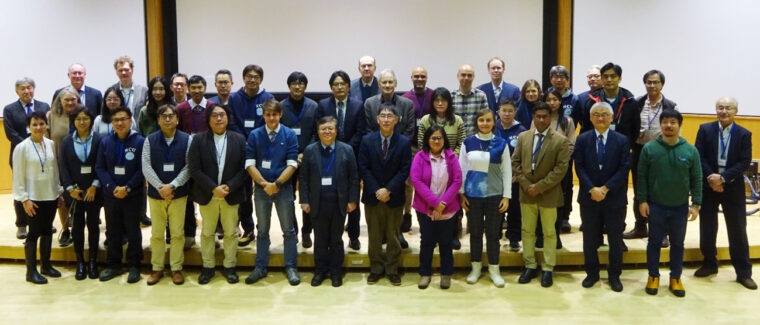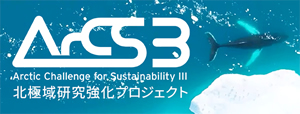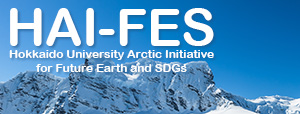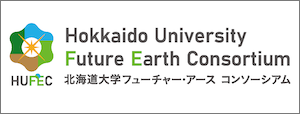The First Asia-Arctic Conference (AAC) of the Asia-Arctic Network for Research and Education (AANRE), sponsored by the Future Earth Japan Committee and organized by the Arctic Research Center, Hokkaido University, was held at Global Research Center for Food & Medical Innovation (FMI), Hokkaido University, on February 13 and 14, 2025. The AANRE is a network to promote research exchange among the partners of the Arctic Research Center’s Memorandum of Understanding (MoU) for research exchange and to serve as a foundation for the Center’s Arctic research. The AANRE will be expanded to include not only MoU signatories but also universities, institutions, and individuals who are engaged in research and education in the Arctic and Asia.
On the first day, each of the AANRE institutions introduced their Arctic research and related educational activities, providing basic information for promoting joint research and research-education exchanges in the future. In the afternoon, Dr. Outi Snellman of the University of the Arctic (UArctic) gave a keynote speech. She said that UArctic is based on “collaboration” and that it is unfortunate that UArctic has closed the door to exchange with Russia, which occupies about half of the Arctic Circle, but that the door is not locked. She also stated that collaboration with research and educational institutions in non-Arctic Asian countries is important in the future. In a panel discussion on education and human resource development, the panelists discussed how to promote collaboration between universities in the Arctic and those in non-Arctic regions such as Asia. In the second session on the afternoon of the first day, there was a presentation reaffirming the history of the Arctic under global warming.
The second day began with a keynote speech by Dr. Makoto Taniguchi, Deputy Director of the Research Institute for Humanity and Nature (RIHN). He introduced the organization and activities of “Future Earth” and the interdisciplinary research he has been involved in and discussed the nature-society-human connection. We also held four sessions to discuss changes in the Arctic, its relationship with Asia, ecosystems, northward expansion of the Pacific Ocean water, shipping, and the history of the Arctic under global warming. There are many topics we need to address, but pursuing interdisciplinary, transdisciplinary, and integrative research, or “science for society,” is still challenging in some respects, and as Outi Snellman said as the backbone of the UArctic, “collaboration” is the key to moving our activities forward.
There were approximately 40 local participants and 20 online participants.
As Prof. Uto introduced in the closing session, there is an opportunity to get together again. It is the 8th International Symposium on Arctic Research (ISAR-8) to be held in Hachioji, Tokyo, Japan, from October 28 to 31, 2025. The symposium will include a special session on “Arctic Cooperation”. The call for abstracts will open in March 2025, and we look forward to receiving your abstract submissions.









